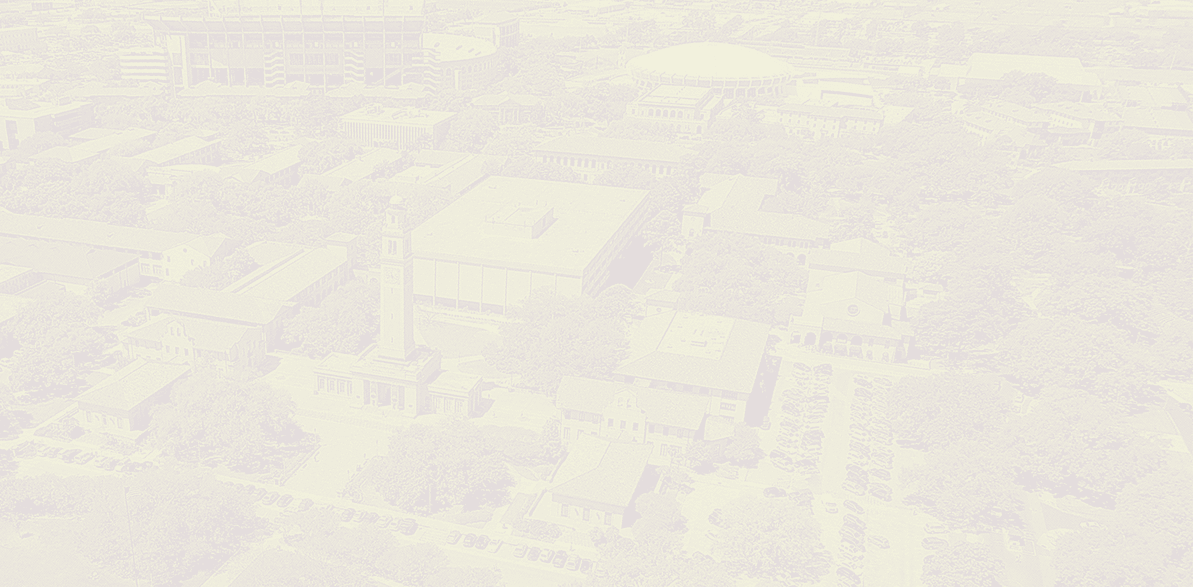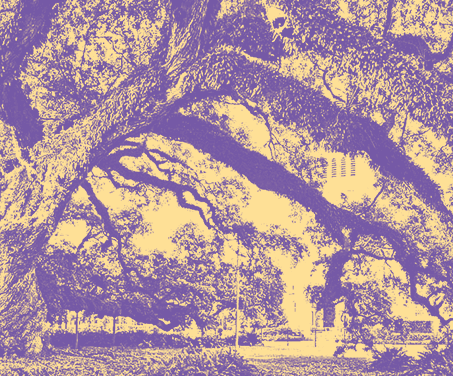A World of Opportunities
Office of Global Engagement
At the Office of Global Engagement, our mission is to connect the world to our campus and to connect our campus to the world. We dedicate our resources to establishing LSU as a global institution, and we provide services and opportunities to support our global community of students, faculty, scholars, and partners — because we achieve more together.
Our Impact
LSU's network extends across continents and across disciplines. We're proud to be a welcoming community for global students and scholars and to expand our community's horizons with partnerships and study abroad programs around the world. Learn more about our impact in our annual report.
69
Global partner institutions
1,602
Enrolled international students
110
Study abroad destinations
Our Programs & Services
The Office of Global Engagement provides a range of programs and services to deepen global learning and global connections. View a few of our most frequently searched programs and services below, and see the navigation above for a full list.

Student Community

Global Partnerships

Faculty & Scholars

Study Abroad

Connect with Us
Follow our latest updates or contact us below:

